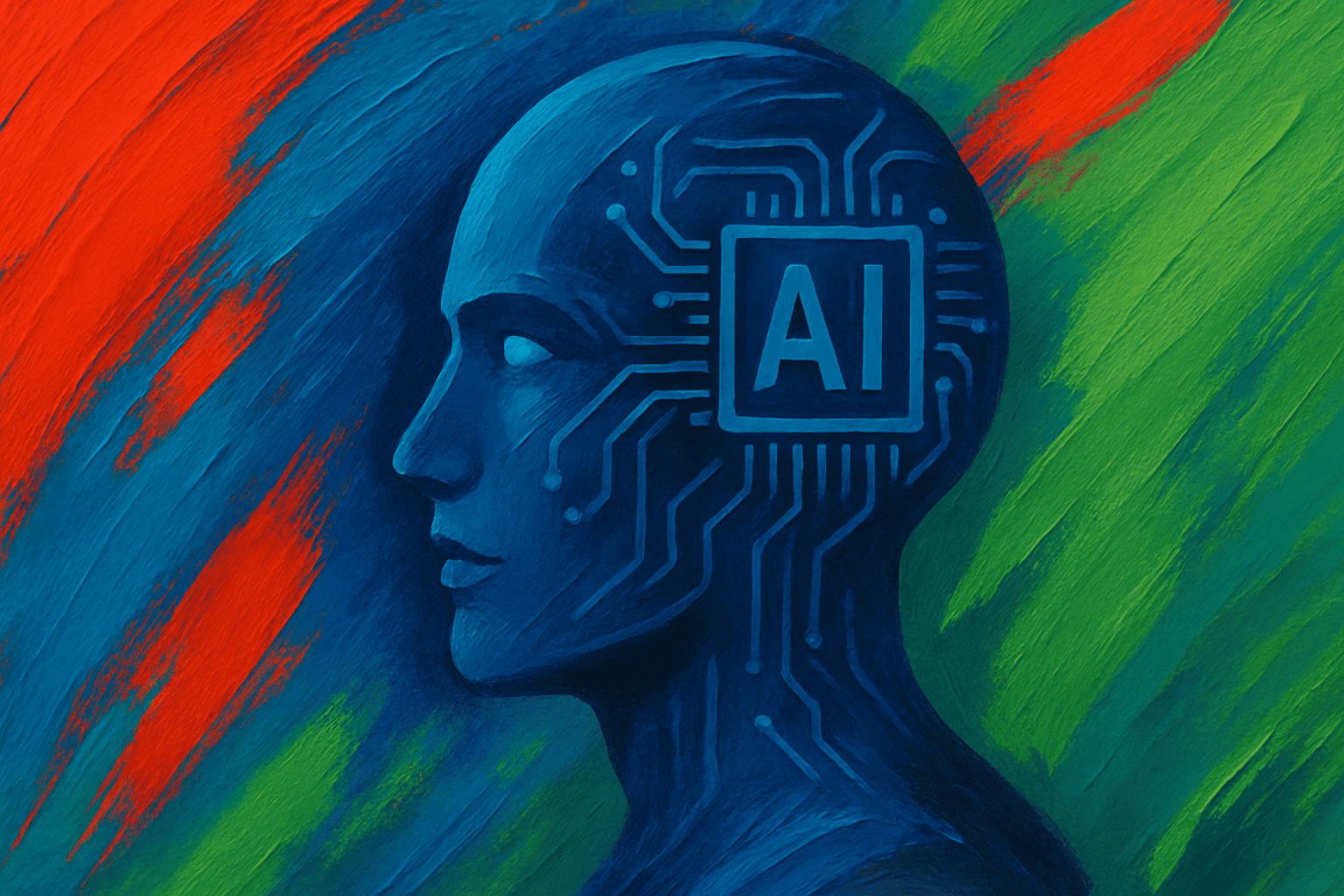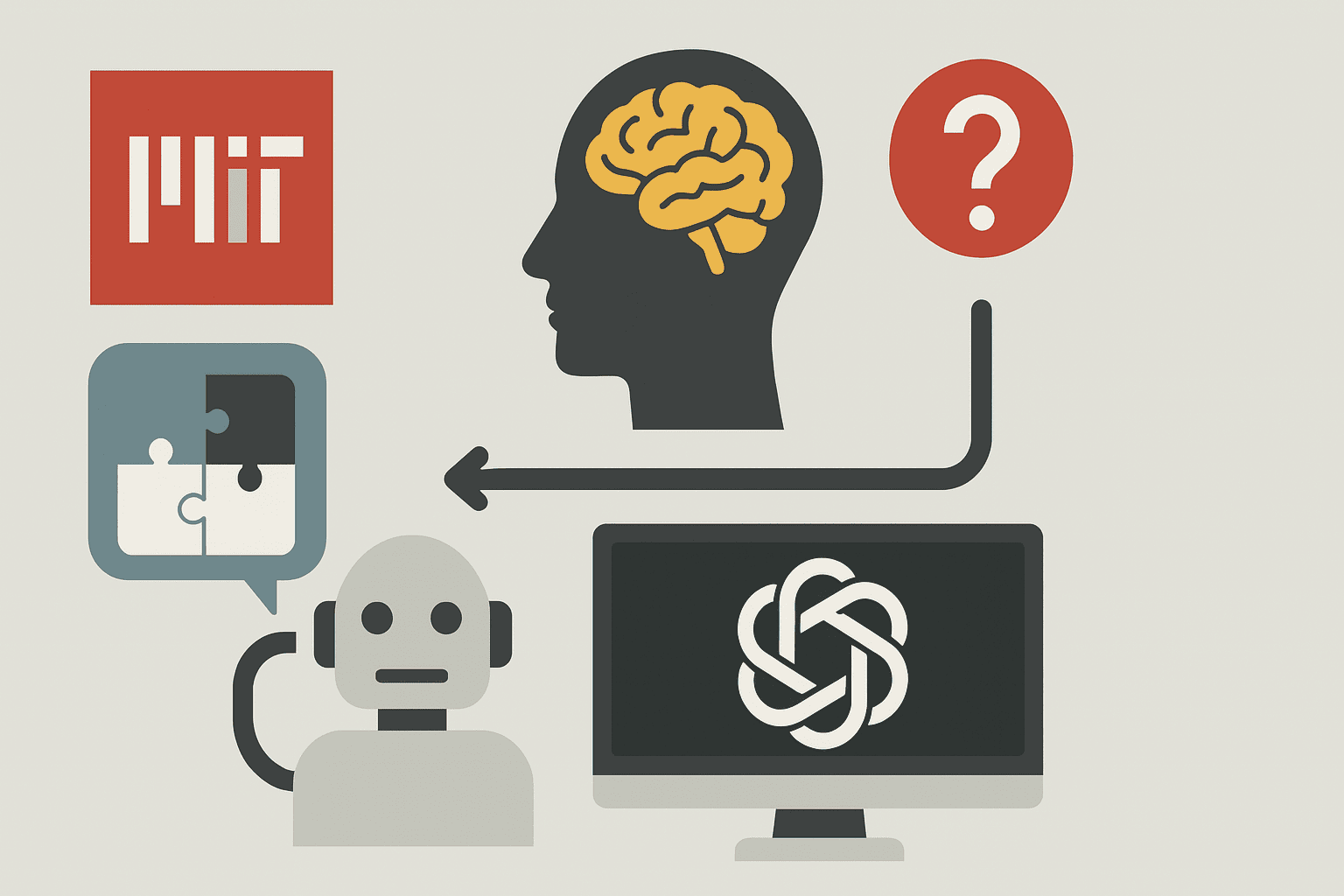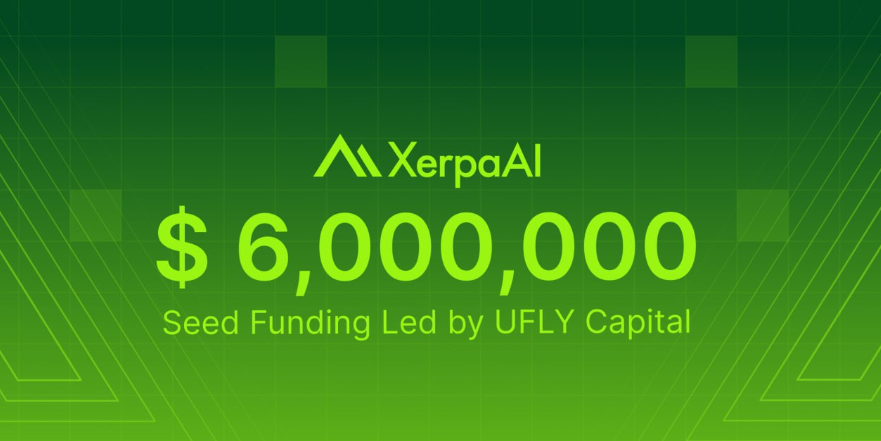Researchers at the University of Cambridge warn of a new and ethically fraught marketplace powered by artificial intelligence: the “intention economy.” This emerging field envisions AI systems capable of forecasting and subtly influencing human decisions, selling these insights to companies in real time, even before individuals have fully formed their own intentions.
Dr. Yaqub Chaudhary, a visiting scholar at Cambridge’s Leverhulme Centre for the Future of Intelligence (LCFI), highlighted the intimate nature of conversational AI, stating that real-time inferences from dialogue are far more revealing than traditional online interactions. He cautioned that AI is being developed to “elicit, infer, collect, record, understand, forecast, and ultimately manipulate” human intentions.
Dr. Jonnie Penn, a technology historian, described this development as a shift from the attention economy to an intention-driven marketplace, where motivations become a new form of currency. He warned that without regulation, this could lead to profound consequences for free elections, market fairness, and even personal autonomy.
While these advancements could streamline daily life, Penn emphasized the importance of public awareness, urging society to critically assess these technologies’ long-term impact. “Public awareness of what is coming is the key to ensuring we don’t go down the wrong path,” he said.
As AI evolves, so too must discussions about its regulation and ethical application.






